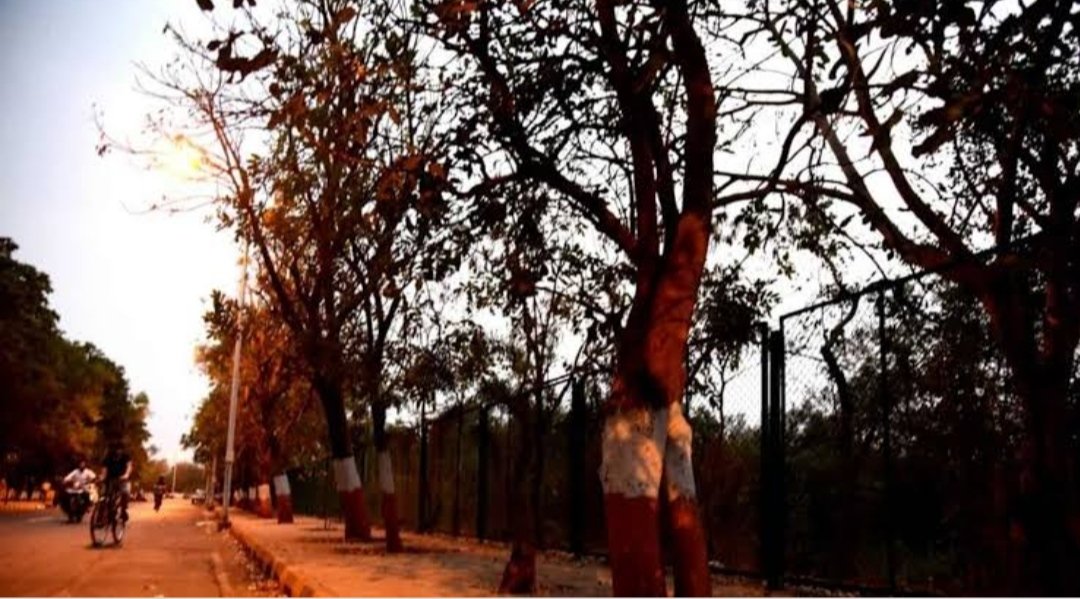Keypoints:
- Estimated budget of 43Cr has been decided by the NMMC for 2021-22 to turn Navi Mumbai into a garden city.
- Allocations have been made for water conservation, non-motorised transport and renewable energy related projects.
- The trees used by the team will include species like kanchan, karanj, neem, jamun and palash among other plants, as the technique stresses the need of planting trees native to the region.
Since the green cover of the city is under constant threat, NMMC has decided to develop urban forests using the Japanese ecologist method ‘Akira Miyawaki’. This will be the first urban dense forest of Mumbai, claims Environmental consultant Pradeep Tripathi and his team from the NGO Green Yatra.
One acre land has been acquired by them in Ram Mandir from Central Railside Warehouse Company (CRWC) where they will be using the Miyawaki technique to plant trees that they expect would grow up to 20 feet in two years.
“The human-to-tree ratio in Mumbai is 5:1, meaning there are five trees for every person whereas the ideal ratio is seven trees for every person. Therefore, afforestation is something we need to take very seriously. However, the space constraint in the city hinders this which is where this Japanese technique helps,” said Tripathi.
This technique includes planting number of saplings of different species together in a pit.The plants help each other draw nutrients from the soil, making each other grow at a faster pace than usual. It helps restoring the fertility of soil even if it has degraded quality.
“This method enables the trees to grow ten times faster and up to 30 times denser than in conservative afforestation efforts. It also helps to maintain the biodiversity of the area, improves carbon dioxide absorption, helps reduce noise and dust pollution while taking up very little space,” said Tripathi.
“In the space we have been provided, we could have planted 800 trees maximum using conservative methods while this technique will enable us to plant 12,000 trees. Since starting our pilot project on January 26, we have already planted 3,000 trees,” he added.
Tripathi has learnt these techniques from Bangalore-based NGO ‘Say Trees’, which has already proven to be beneficial and has helped afforestation in cities like Bangalore, Delhi, Satara and Meerut with partner organisations. They have already created 15 urban forests and planted 43,000 saplings.

